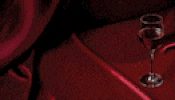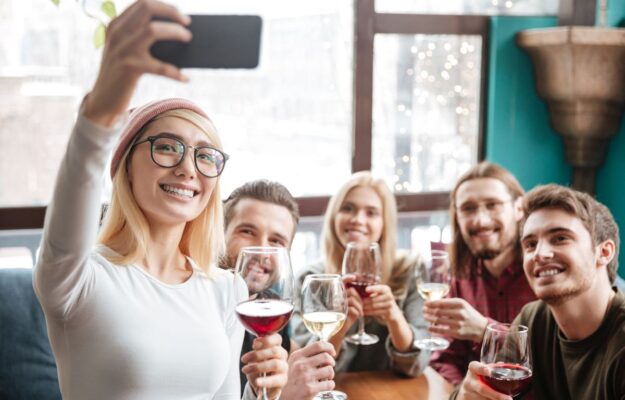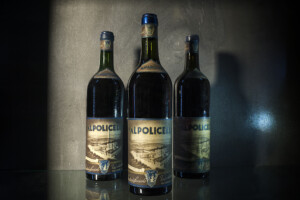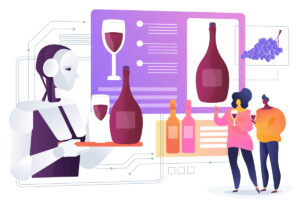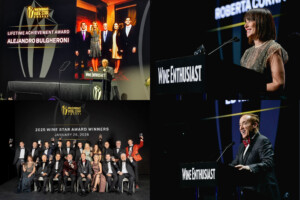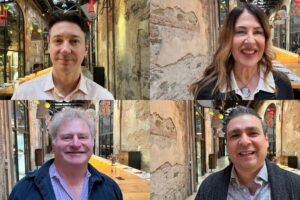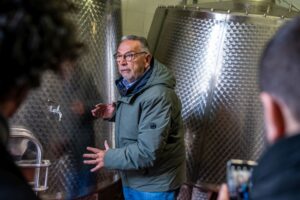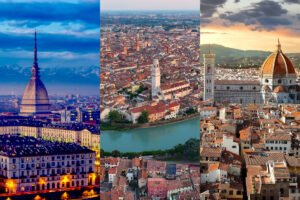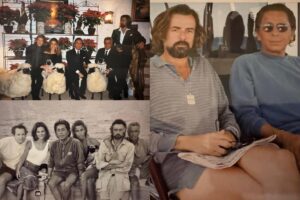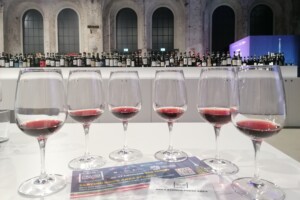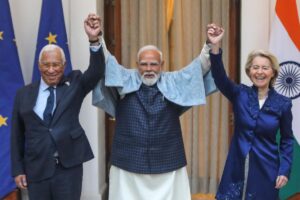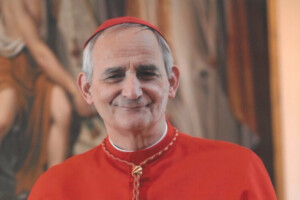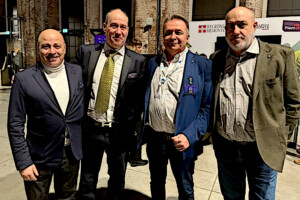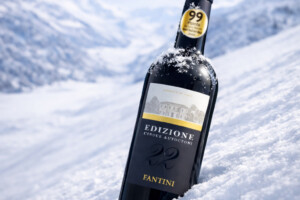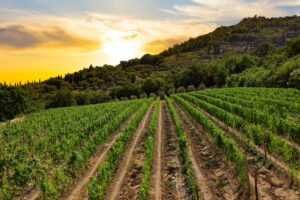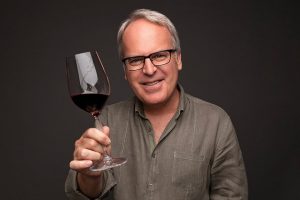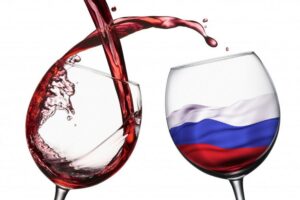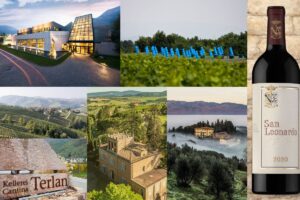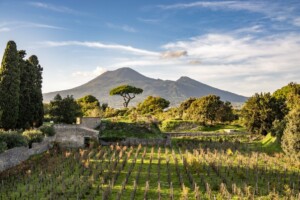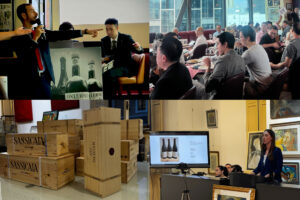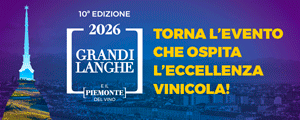Finding effective answers and knowing how to speak a different language to the new wine lovers, who are increasingly attentive to the issue of the naturalness of the product and far from the beliefs that have hardly been challenged by the industry for years. The world of wine is now at an important crossroads in writing its future, which will depend a great deal on the approach chosen towards the market, and therefore the modern consumer, and in which communication will play a primary role, both in terms of the choice of storytelling, but also in the ability to be able to tell the evolution of science as an ally in the production of so-called natural wines, which are increasingly in vogue. This was discussed at the “Wine2Wine Business Forum” No. 10, an event signed Veronafiere in Verona (today and tomorrow), in the seminar with Professor Attilio Scienza, one of the world’s leading experts in viticulture and professor at the University of Milan, and Master of Wine Gabriele Gorelli moderating a current topic in the wine world, namely, “Communicating the naturalness of a wine: how to enthuse the wine lover with science”.
Professor Attilio Scienza stressed the need to look at natural wine from a different point of view and thus to give a new value to the word at a time “here producing and selling wine is more complicated because of consumer demands that are not matched by changes in producers. Young people will be the future but their attitudes toward wine are very different from ours: they link wine a lot to issues such as social justice, biodiversity, they need different topics and languages, wines that reflect their way of life, low in alcohol but with quality”. An aspect, that of knowing how to communicate a product containing alcohol, not without complications when choosing the message to be disseminated. Scienza cites a key word, “phygital”, the union of physical and digital, as a track to follow “for important communication” and suggests changing approach “even in explaining what natural wines are where we often focus on what is not there, but instead we should, on the contrary, talk about what is there because it is the result of great research. Topics are needed, Dionysus and Ulysses the new generations no longer relate them to the topic of wine”.
And this is where the communicator comes in, who is like the “bottleneck”, the trait d'union between the production world and wine lovers. “There is a new word that needs to be evoked and it is that of naturalness. You can’t write on the label that the wine is a natural product, but when you talk about artificial there is a negative connotation and instead inside there is history and culture” that need enhancement through communication. But what does “truly natural” siginify when it comes to wine, and how does it tie in with history? “The day man intervenes to defend the plant”, comments Scienza, “is no longer natural. Already in Roman times, aromas and resins were added”.
Yet it should not be forgotten, at a time when consumers want to know more and more information about the production process by putting the concept of wholesomeness in their heads, that agriculture has made great progress in the pursuit of sustainability. “The tools are increasingly physical and not chemical”, Science stresses, “there is a search for integrity that was absent before. But we have to help the evolution of the consumer, and this can be done by communication; often alarmism and misinformation are created, while what is needed instead is a narrative, an effective storytelling”.
Copyright © 2000/2026
Contatti: info@winenews.it
Seguici anche su Twitter: @WineNewsIt
Seguici anche su Facebook: @winenewsit
Questo articolo è tratto dall'archivio di WineNews - Tutti i diritti riservati - Copyright © 2000/2026

